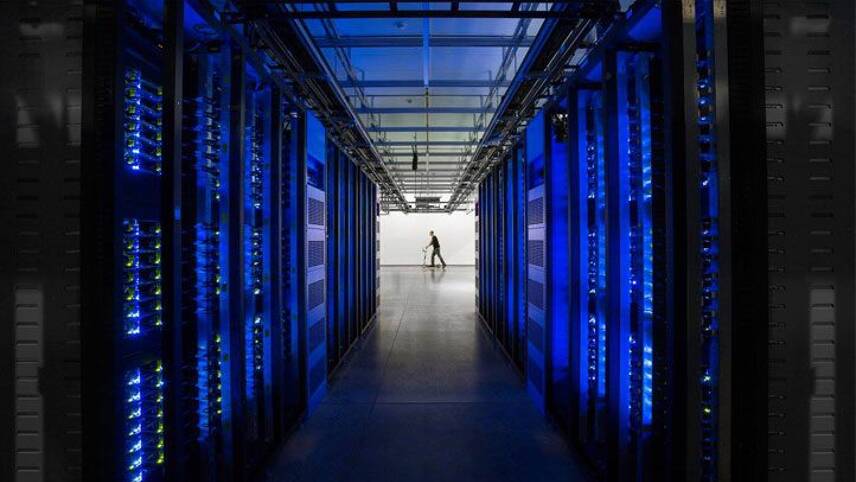Register for free and continue reading
Join our growing army of changemakers and get unlimited access to our premium content

Image: Facebook
In a statement published today (19 August), Facebook said it will deliver the target by improving water efficiency in-house and investing in water restoration projects, prioritising schemes in regions affected by water stress.
On improving water efficiency, Facebook has committed to installing more onsite water recycling systems at additional global office locations, following successful pilots. It has also said it will invest in new technologies to improve the water efficiency of data centres, such as cooling systems that use outside air. Facebook estimates that its data centres are already 80% more water-efficient than the global average, with reductions in water consumption having been delivered in tandem with a shift to 100% renewable electricity.
Additionally, Facebook has confirmed it is in the process of developing context-specific plans for improving water efficiency, as facilities in water-stressed areas will require a different approach than those which are not. Companies such as brewer Diageo have already taken this stance.
As for water restoration projects, Facebook claims its portfolio of schemes collectively replenished some 595 million gallons of water in 2020. To meet the 2030 goal, that replenishment rate will need to increase to 850 million gallons of water.
Existing projects are all US-based, spanning Arizona, California, New Mexico, Texas and Utah. Facebook is hoping to apply learnings from these schemes to additional projects in Mexico, India, Singapore, Ireland and the UK this decade. The nature of the water restoration work varies at each project, depending on the geographical context.
Facebook said in a statement that it “also understands that sometimes the most impactful contributions to the sustainability of a watershed go beyond projects that return water”.
The statement reads: “That’s why we are also investing in projects that may have a catalytic effect in watersheds around the world. These projects could include supporting local environmental non-profits, governance, research and other non-volume-generating activities.”
Support for water positivity
A growing number of businesses are setting ‘water positivity’ targets in recent times, in recognition of worsening global crises relating to water.
By UN estimates, one-third of the population – or more than 2.5 billion people – currently live in water-stressed regions and nations. It is estimated that water scarcity could displace 700 million people by the early 2030s.
Companies aiming for water positivity include BP, Microsoft, Reckitt, Diageo, Starbucks and PepsiCo – the latter of which announced this ambition earlier this week.
Like Facebook, PepsiCo has set a 2030 target and is also targeting high-risk watersheds as a priority. The company’s target for facilities to replenish more water than they consume applies to all company-owned sites and all third-party sites in high-water-risk areas.
Also like Facebook, PepsiCo will strive to improve in-house water efficiency. It has set a target to halve the water use of more than 1,000 company-owned and third-party sites, which will reduce the company’s overall annual water consumption by 11 billion litres from 2030.
Additionally, the PepsiCo Foundation – the business’s charitable arm – will be extending its 15-year partnership with NGO WaterAid, through which it funds the delivery of safe water access for families in Sub-Saharan Africa. Almost 70% of homes in the regions do not have facilities for hand-washing.
“Time is running out for the world to act on water,” PepsiCo’s chief sustainability officer Jim Andrew said.
“Water is not only a critical component of our food system, it is a fundamental human right – and the lack of safe, clean water around the world is one of the most pressing issues facing our global community today.”
The commitments come ahead of World Water Week, which begins on Monday (23 August).
Sarah George


Please login or Register to leave a comment.